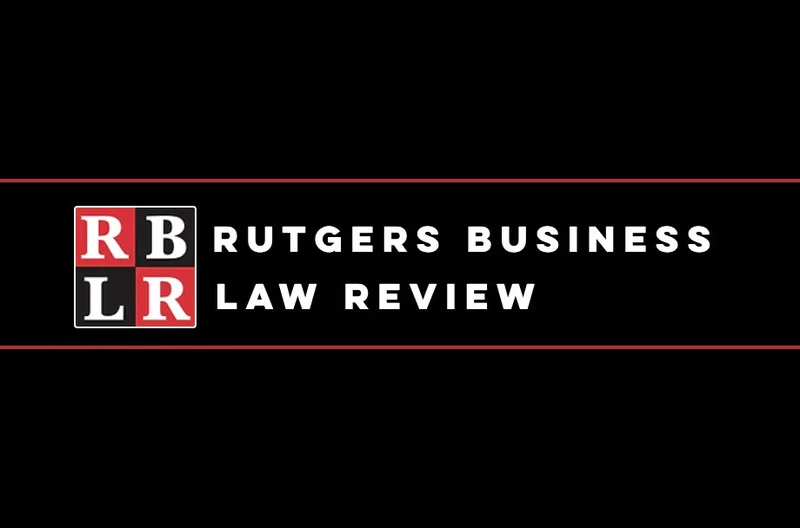Every one of our clients has been asking for help on AI issues. We can't reason about AI correctly without understanding how these tools work. Accordingly, I want to bring my latest publication to your attention: Building and Using Generative Models Under US Copyright Law (18 Rutgers Bus. L.R. No. 2, 2023).
AI issues are open source issues
It may seem strange that we are seeing every OSPO we are engaged with being asked to help with AI issues. But it turns out that the issues have a lot of similarity. What policies and procedures are needed? What are the pitfalls? Who has liability, and for what? All of these discussions need a stable grounding in the facts of machine learning.
This article provides a comprehensive analysis of the copyright issues associated with machine learning in two parts. First, it provides a clear and correct description of machine learning technology accessible to non-scientists. It explains machine learning models, how they are trained, and how they are used to generate new works.
Second, the article analyzes applicable copyright law in relation to the factual foundation developed in part one. Comparing ML to technologies in previous cases, the article argues that the development and use of generative ML models in most cases falls outside the scope of copyright or constitutes fair use.
The article doesn't answer every question - it can't! - but it provides a definitive guide to machine learning practices for professionals trying to understand the intersection of machine learning and law. It opens the door for knowledgeable discussion about the specific questions and specific situations.

